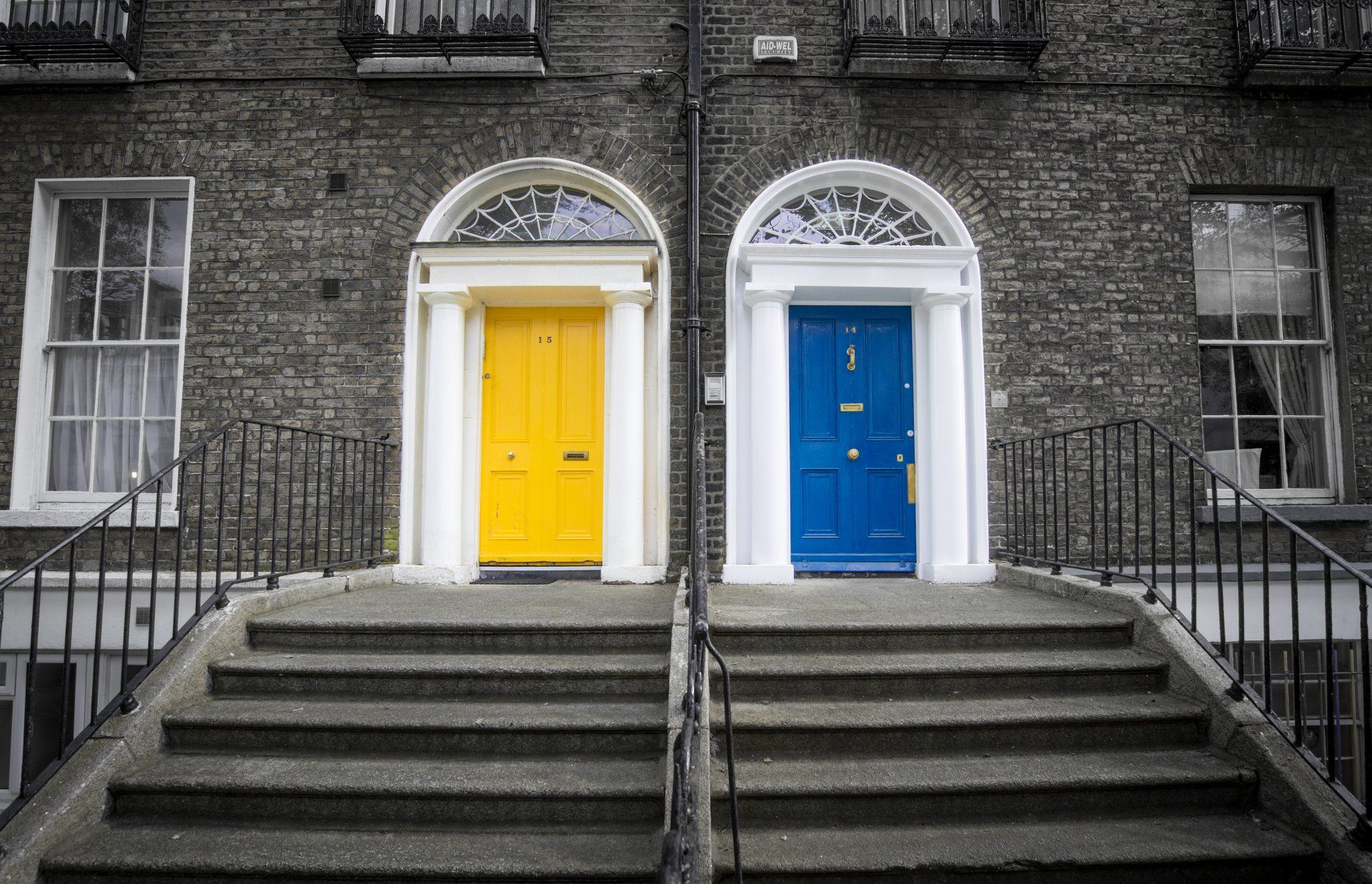Ways You Can Save For A Down Payment For A House
The 2 Mortgage Guys • May 1, 2012

Are Investors Actually Buying Up All the Homes? Are you trying to buy a home but you feel like you’re up against deep-pocketed Wall Street investors snatching up everything in sight? Many people believe mega investors are driving up prices and buying up all the homes for sale, and that’s making it hard for regular buyers like you to compete. But here’s the truth. Investor purchases are actually on the decline, and the big players aren’t nearly as active as you might think. Let’s dive into the facts and put this myth to rest. Most Investors Are Small, Not Mega Investors A common misconception is that massive institutional investors are dominating the market. In reality, that’s not the case. The Mortgage Reports explains: “On average, small investors account for around 18% of the market, while mega investors represent only about 1%. ” Most real estate investors are mom-and-pop investors who own just a few properties — not large corporations buying up entire neighborhoods. They’re people like your neighbors who have another home they’re renting out or a vacation getaway.

Welcome to Show & Tell with The 2 Mortgage Guys – Season 2 – Episode 12: We are joined by Amy Pate, Executive Vice President · REALTORS Association of Central Indiana to talk about the benefits of working with realtors, how they are paid, horror stories of not using them, real estate stats. and much […]





